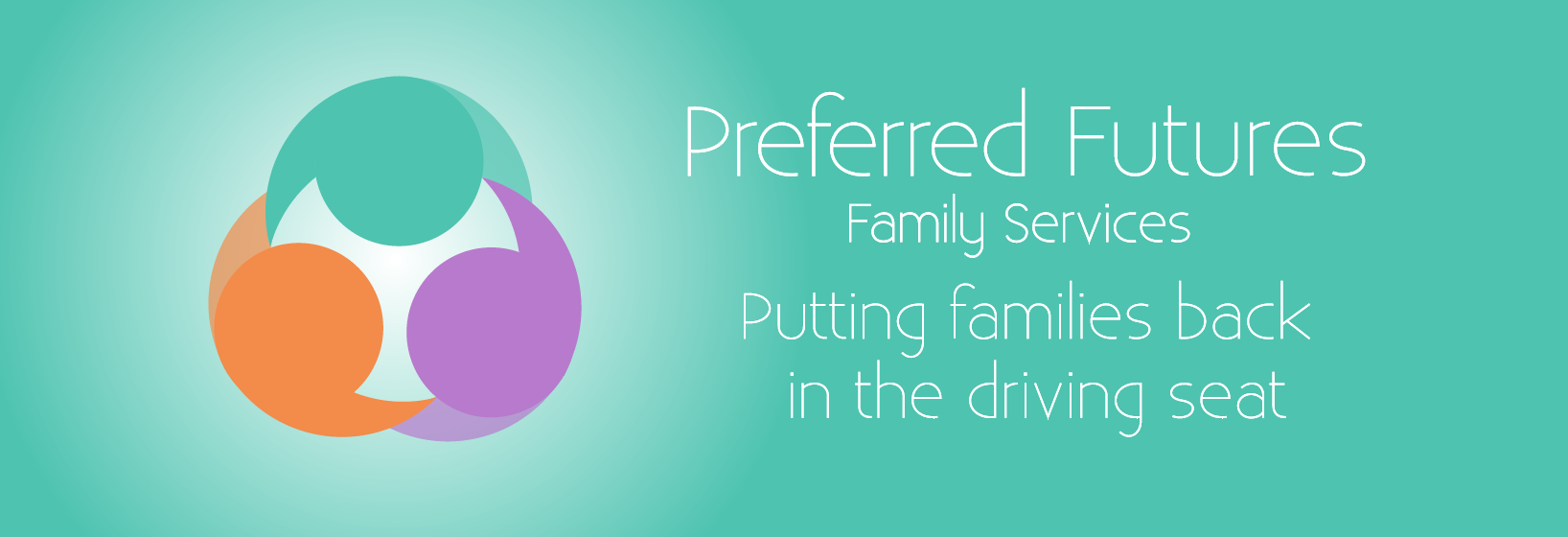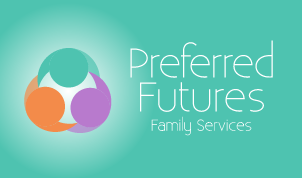Information for families
We accept referrals from any source including self-referrals and 3 things to consider are:
- You have a wider support network who are willing to get involved (i.e. relatives, friends, neighbours, community members and agencies.
- There is an important decision/s which you need to make a plan for.
- You want it and you are ready to make changes.
Once we receive your referral one of our independent FGC Coordinators will have an initial meeting with the referrer to find out what they want to achieve through having an FGC. We will then contact you and arrange a convenient time for us to meet to discuss the referral, explain the process and confirm that you wish to go ahead with it.
During the preparation stage we will:
- Visit you several times (at a time and place which suits you) and work closely with you to make sure you feel well prepared for your meeting. This involves exploring who is important in your life and getting you to think about what possible support they could offer to help find solutions to include in your plan.
- Repeat this process with everyone you wish to invite and anyone who cannot attend but wishes to offer support.
- Take care of all the practical arrangements including booking a venue (of your choice, e.g. community centre, church hall, family centre), support you with any childcare and transport issues and provide refreshments on the day.
Identify whether anyone (vulnerable adult or child) needs someone to support them at the meeting (e.g. an advocate). - Confirm if you have any agencies supporting you and whether you would like them involved in your meeting. If so, we will meet them prior to your meeting to enquire what further support they can offer and make sure they are fully aware of their role in the process (e.g. agency members are not decision makers at your FGC, they are information givers) At this stage we will also check whether there is anything which cannot be agreed from their perspective at your FGC.
If you require the support of an advocate we will identify who will take on this role (a member of our staff or someone in your support network).
Your advocate will:
- Be there just for you
- Meet you at a time and place of your choice
- Help you to unravel your wishes and feelings
- Offer you a range of advocacy options to explore how your views and opinions will be expressed (e.g. letter, voice-recording, video, slide show, storyboard)
- Confirm and clarify what information you wish to share
- Agree how they will support you at your meeting (seating plan, time out arrangements and what refreshments you’d like)
- Ensure that you are happy and in agreement with any plans made at your FGC
- Repeat the process at your review meeting
We will:
- Welcome and introduce everyone
- Invite you to set some ground rules to help keep everyone focused
- Chair the information sharing stage of your meeting
Stage 1 – Information sharing
- The referrer will outline why they made the referral and what they hope to achieve through the process, inform you what they can do for you including any resources they can provide to help support your plan, state whether there is anything they cannot agree to (e.g. something which may put you or another family member at risk of harm)
- Other service providers will share information about their involvement with your family including support and resources their agency can provide
- You and your wider support network can then respond with any relevant information and questions
- The advocate will speak on behalf of the person they are supporting or help them to have their say
- Any further discussion will then take place before moving into private family time
- Refreshments will be provided at this point
Stage 2 – Private Family Time
- You (the family) will be left alone to explore your options, possible solutions and agree your plan. A family member will be expected to record the agreed plan
- The Coordinator and Advocate will be on call throughout if needed
Stage 3 – Agreeing the Plan
- You will be invited to share your agreed plan with the referrer and others in attendance
- Providing your plan is safe everyone will agree to it
- Service providers will agree timescales for their support
- The Coordinator will ask you to consider who will monitor your plan and whether you wish to come back for a review
- A review date will be set and feedback collected
- The coordinator will type up and distribute your plan to all concerned
You will be informed that you can contact your coordinator at any time if you feel you need to bring your review forward.
The coordinator will:
- Ask for input as to how you feel the plan is progressing.
- Invite you to make any amendments required to tweak the plan.
- Confirm that agreed support and resources that were offered have been provided.
- Ask for any feedback and evaluations to be completed.
- At this stage, if everyone is in agreement, end our involvement and invite you to help us with the development of the service.
Family Group Conferences are planning and decision making meetings where families find their own solutions to the issues they are facing. They involve the extended family, friends, neighbours and other connected people and agencies involved share information about any support and resources which can assist the family plan.
Where do FGCs come from?
Family Group Conferences originated in New Zealand in response to the over representation of Maori children in the care system. The process is built on the Maori tradition that “it takes a village to raise a child”. It provides a practical approach to partnership, empowerment and culturally sensitive practice.
When can FGCs be used?
A Family Group Conference can be used to address a wide range of need and can be utilised wherever there is an important decision or plan to be agreed. (The list below is not exhaustive so please don’t be put off if it does not include your area of need)
Some examples are:
Children/YP
- Contact arrangements
- Alternative care arrangements
- Return from care arrangements
- Safeguarding
- Leaving care
- Education
- Youth offending
- Health care
- Domestic abuse
Adults
- Safeguarding
- Family Breakdown
- Care arrangements
- Domestic abuse
- Health care plans
- End of life plans
- Neighbour disputes Alcohol & substance misuse
- Rehabilitation
Comments & feedback
What people said about their FGC…
“Finally, we’ve found something that works for us” (Dad)
“I was sceptical at first that the process would work for the family but was amazed by the simplicity of their plan, it involved solutions that I would never have thought of” (Social Worker)
“My advocate was brilliant at my FGC, he helped me unravel all my thoughts and record them in a video diary which we played at my meeting so I wouldn’t need to talk if I didn’t want to”
(Young Person, age 14)
“No-one (including me) thought we could put our differences aside after not speaking for 8 years, but this FGC process really makes you think about the future, we found it healing and it gave us hope” (Grandparent)
“My only criticism is that we were not offered an FGC sooner, it would have saved so much heartache” (Mum)
“We all made a plan and mummy and daddy are going to share us” (Child, age 6)
Company Information
Preferred Futures Family Services (Yorkshire) CIC
- BBIC Innovation Way Barnsley S751JL
- 01226 249590 / 07480 211680 / 07853 259096
- enquiries@preferredfuturesfs.co.uk
C.I.C
Company Number 09490809


